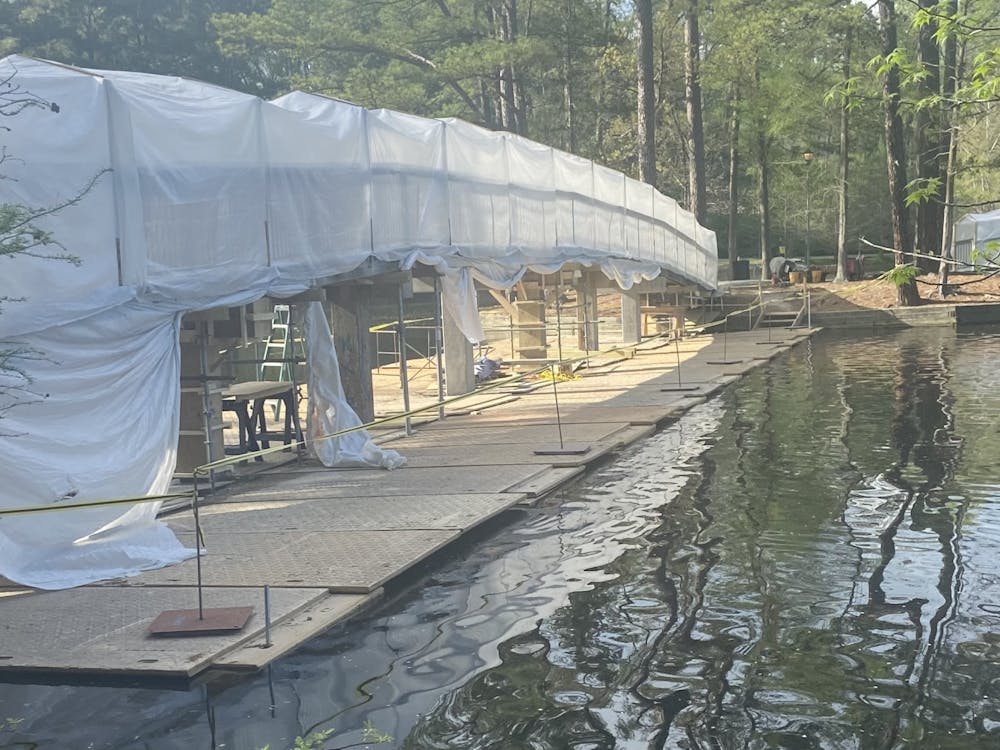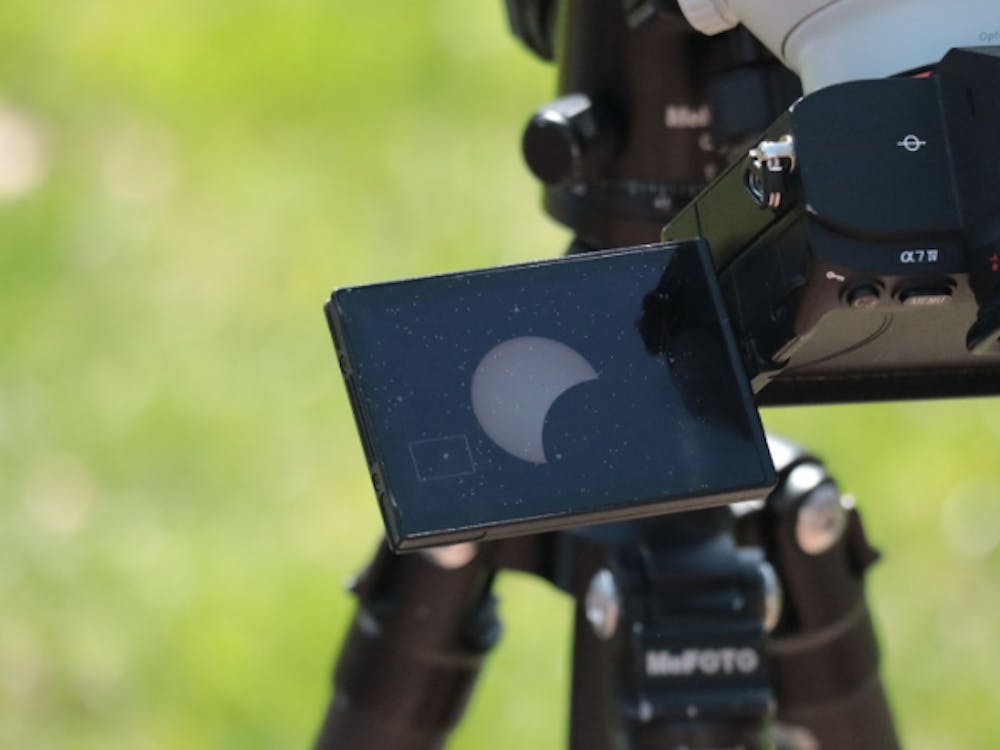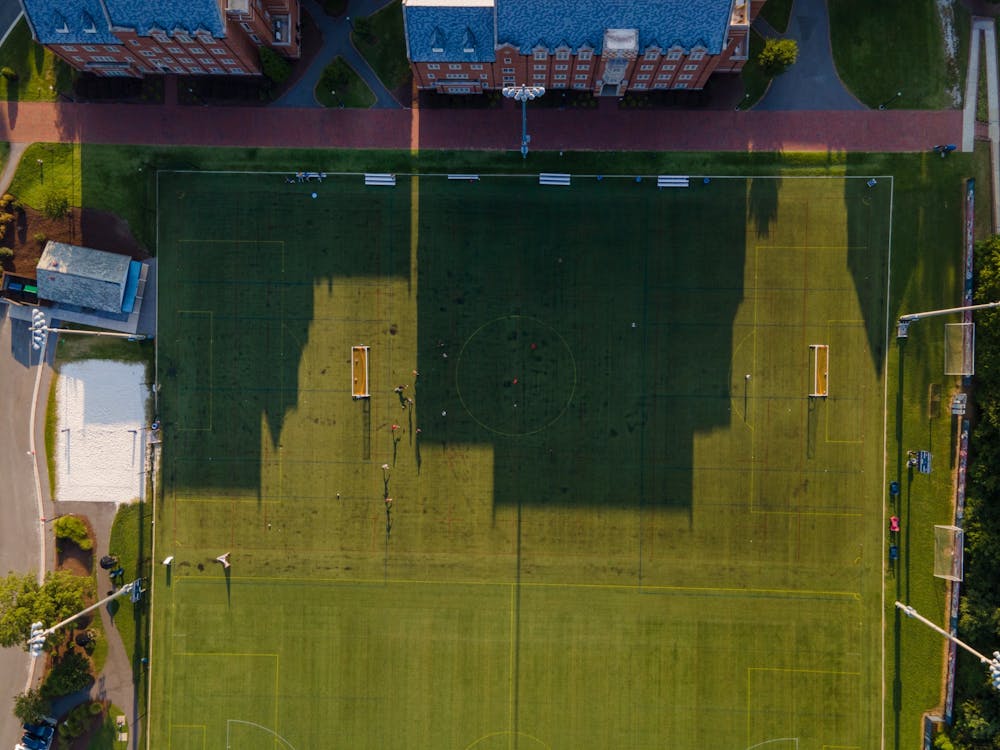No, no more Popsicles were stolen. Although that would be hilarious and a little eerie (serial Popsicle thief, not cool), I wanted to expand on last week's column with a little more talk about free speech.
I have had many conversations with people, or heard about conversations between people who did not understand the motivation behind why some opinion articles were printed in The Collegian. I touched on that last week but I would like to expand.
Free speech.
This topic has come up a lot in my life recently, because I am taking a class on Journalism Law and Ethics and have been reporting on the case of Adnan Hajizada (see page 6 and The Collegian's Web site). Although I do not know everything there is to know about American or Azerbaijani law, nor do I have enough life experience to understand free speech completely, I do have some insights and would love to start a discussion on the topic. I have a feeling the conversation may be one-sided, but I'm OK with that.
From what I understand, no one really knows, and will never know, exactly what the authors of the Constitution meant when they said, "Congress shall make no law ... abridging the freedom of speech, or of the press." But, I will now begin my "What the First Amendment Means to Me" column.
What I've deduced from my Law and Ethics class so far is that free expression is complicated and open to interpretation -- the U.S. Supreme Court justices' interpretation here in the United States. I usually err on the side of freedom of expression instead of privacy when discussing free expression.
I first encountered this when we talked about a case in class in which a woman was filmed by a local TV station, holding hands with a man other than her husband on a public street. The news station then put that video on the news for 10 seconds and both people were recognizable. The woman sued the news station.
The question posed to us was: Do we think the law should say the news media could not put up videos of people -- who were in a public place when filmed -- on TV or the internet, etc., without their permission? Many people's initial reaction is probably to say that they want their privacy protected, but when you think about it, print reporters can put people's names and descriptions in a newspaper without their permission. In fact, reporters count on that ability to do a large portion of their reporting.
My first thought was that if someone doesn't want everyone else to know what they're doing, they shouldn't be doing it in public.
And then there's freedom of the press. A free press means words can be written as long as they do not defame people. So far, I understand defamation to be lies that hurt someone's reputation. If the words are true, they can be printed in most cases. (I have a feeling there are exceptions that I don't know yet.)
In the case of The Collegian, we print stories that are not flattering to people or the university, as well as stories that show how amazing some people and the university are. In the opinion section, we give an opportunity for people involved with the university to express themselves. And not in a lofty, ethereal way, but literally. You have the opportunity to have your words heard.
And now I can pretend that my words were heard.
Enjoy what you're reading?
Signup for our newsletter
Contact staff writer Stephanie Rice at stephanie.rice@richmond.edu
Support independent student media
You can make a tax-deductible donation by clicking the button below, which takes you to our secure PayPal account. The page is set up to receive contributions in whatever amount you designate. We look forward to using the money we raise to further our mission of providing honest and accurate information to students, faculty, staff, alumni and others in the general public.
Donate Now


